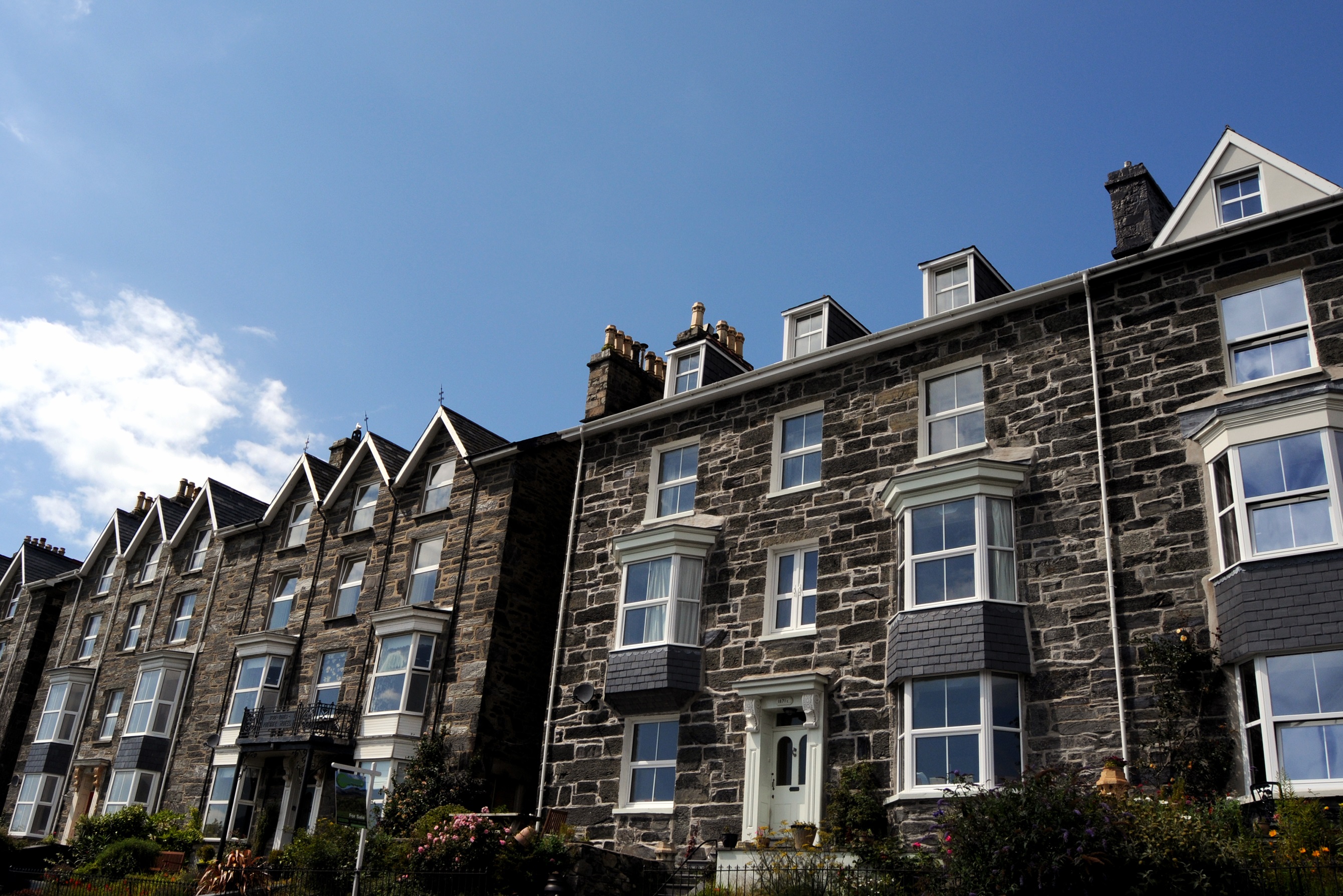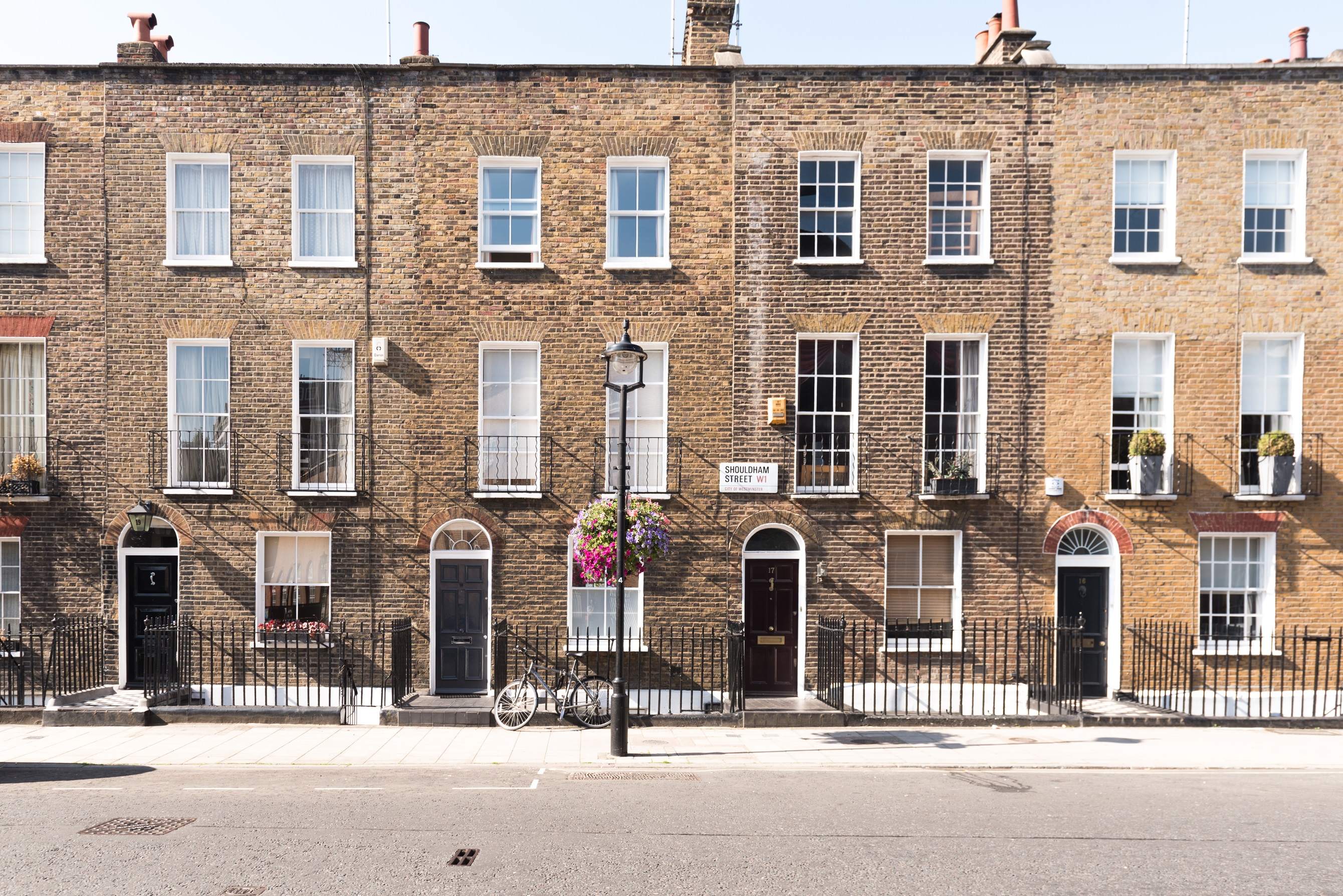Could Boris make changes to Stamp Duty in the near future?
Many in the property industry have called out for the new Prime Minister, Boris Johnson, to act decisively on his previously proposed plan of possibly scrapping Stamp Duty on homes under £500,000, at the same time cutting it from 12% to 7% on properties valued at over £1.5m. The hope is the proposed changes would mitigate the potential negative impact of the recent political instability and would improve buyer confidence in the market.
In the past, Johnson had said that he would potentially call for an emergency Budget meeting in September where he would implement changes to current Stamp Duty legislation and drastically raise the threshold to the aforementioned £500,000. Excessive Stamp Duty charges have long been a challenge for those on all levels of the housing ladder, so both buyers and sellers will now be eagerly awaiting confirmation on how he intends to address this.
Free up over 300,000 buyers from Stamp Duty
Should the proposed changes be made it would essentially free up over 300,000 property buyers from having to pay Stamp Duty, based on figures from 2018/2019. The number could even increase as sellers just over the threshold drop their price to entice interest. When you consider the homes sold that are already exempt, over 650,000 transactions from last year would not have had to pay the tax.
The change could mean that entire regions where the average price of property is below £500,000 would be lifted from paying Stamp Duty. This would boost transactions in these pockets of the market and assist with economic growth in these areas.
Possible switch from buyer to seller
Johnson had also said that he may switch the responsibility of paying the tax from buyers to sellers – a drastic move that would greatly benefit potential buyers. Taking Stamp Duty off the table for prospective buyers would be a huge advantage, particularly for those who are looking to upgrade to a larger home to meet their growing family needs. However, the change would bring about a few issues. For example, someone who is currently selling their home would have paid Stamp Duty on it when they purchased it. With the proposed change, they would then have to pay it again when they sold. Essentially, this would equate to double taxation. Sellers may also push up their asking price in a bid to cover the additional Stamp Duty charge they would incur.
There is also the question of retirees who are selling to downsize. Selling a large home would mean paying higher levels of Stamp Duty, which would be a blow for someone planning for their golden years.
More buying power for first-time buyers
As it stands, buyers purchasing a home under £300,000 are exempt from paying Stamp Duty. The proposed increase in the threshold would give them the option to purchase a higher-priced home, while still being exempt. This is provided of course, they can afford a home over £300,000 and have the money for the deposit and other costs involved in purchasing a property. A study from the Royal Institution of Chartered Surveyors found that there had been no significant positive impact on property sales after the change in Stamp Duty in November 2018, so perhaps it is unlikely that any further change would bring more first-time buyers to the market. That said, the number of first-time buyers continues to increase, which can be attributed to other aspects such as Help to Buy.
Get the market moving
The idea behind the proposed policies is to the get market moving in sectors below £500,000, as well as those at the top end. The hike in Stamp Duty for homes over £925,000 in November 2014, greatly effected the top tier of the market slowing it to a near standstill. Ever since, transactions in the upper end of the market have suffered. The proposed cut from 12% to 7% would do much to invigorate this end of the sector, even if only for a time.
Iain McKenzie, CEO of The Guild of Property Professionals, said he would welcome any positive move by the new Prime Minister on Stamp Duty and taxes on landlords. “I am in favour of anyone who is going to improve sentiment or confidence in the housing market. Current economic data is strong, but the uncertainty of Brexit has caused stagnation in the market. Mr Johnson’s commitment to ‘deliver Brexit’ on 31st October with a new ‘can do’ spirit is therefore very much welcomed.”
While the changes are merely talk at the moment, should they come about, it will be intriguing to see what impact they will have on the market moving forward. For more information about the current Stamp Duty thresholds read our blog on the subject.
Spring 2025 UK Property Market Report: Solid Start
Regional Property Market Update Spring 2025: Wales
Regional Property Market Update Spring 2025: London
Regional Property Market Update Spring 2025: Scotland
Newcastle Office
119-121 St George's Terrace
Jesmond
Newcastle upon Tyne
NE2 2DN
0191 240 3333
js@sarahmains.com
Low Fell Office
4 Beaconsfield Road
Low Fell
Gateshead
NE9 5EU
0191 487 8855
lfs@sarahmains.com
Whickham Office
8-10 The Square
Whickham
Newcastle upon Tyne
NE16 4JB
0191 488 9999
ws@sarahmains.com
About Us
Sarah Mains Residential Estate Agent | Branches throughout Newcastle and Gateshead.
Open 9am to 5pm Monday to Friday and 9am to 1pm Saturdays
2021 © Sarah Mains Residential Sales & Lettings. All rights reserved. Terms and Conditions | Privacy Policy | Cookie Policy | Complaints Procedure | CMP Certificate | Disclaimer
Sarah Mains Residential Ltd. Registered in England & Wales. Company No: 04324202. Registered Office Address: 8-10 The Square, Whickham, Newcastle Upon Tyne NE16 4JE .
Sarah Mains Residential (Whickham) Ltd. Registered in England & Wales. Company No: 05774118. Registered Office Address: 8-10 The Square, Whickham, Newcastle Upon Tyne NE16 4JE .
Sarah Mains Residential (Newcastle) Ltd. Registered in England & Wales. Company No: 04919065. Registered Office Address: 8-10 The Square, Whickham, Newcastle Upon Tyne NE16 4JE .
 Report a Maintenance Issue
Report a Maintenance Issue









